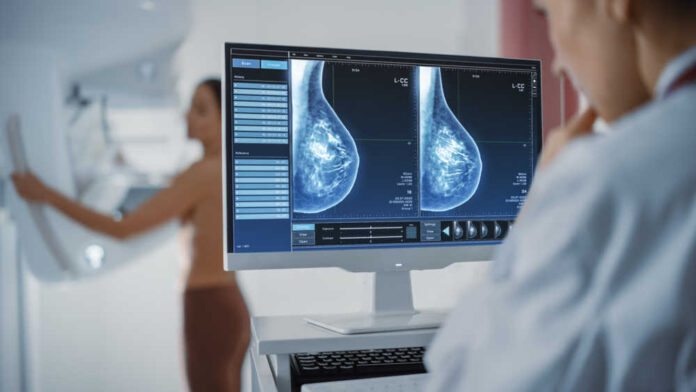
In the United States, nearly 2 million people are diagnosed with cancer yearly.
Although it is the second leading cause of death, your chance of a successful outcome is much higher if the cancer is caught early.
That’s why it’s so important to be aware of cancer’s warning signs and get the recommended screenings for your age and risk factors.
Each type of cancer can present its own set of symptoms, but some general warning signs may indicate cancer.
It is always a good idea to tell your doctor as soon as possible about any new, unusual, concerning, worsening, or long-lasting symptoms. Even if it isn’t cancer, any condition that is interfering with your quality of life should be addressed.
Unexpected Weight Loss
Cancer is characterized by abnormal cell growth. These cells often divide and grow faster than normal cells, which can lead to the formation of tumors.
This excessive cell growth tends to use up a lot of energy, resulting in weight loss that is unintentional and cannot be explained by changes in diet or exercise.
If you suddenly start losing weight without changing your lifestyle, it’s important to talk to your doctor. Even if you need to lose a few pounds, sudden and unexplained weight loss is still worth investigating.
This weight loss may also come with the following:
- fatigue
- a decrease in appetite
- indigestion
- bloating
- nausea or vomiting
- constipation or diarrhea
- abdominal pain
Unusual Pains or Lumps
Cancerous tumors can cause pain as they grow and press on surrounding tissues.
Cancer is not the only cause of pain, but if you don’t know the cause of your pain or if it is not relieved by over-the-counter medication, you should see your doctor.
Some forms of cancer do not cause pain but may be felt as a lump or mass. This is often the case with breast cancer and testicular cancer, which is why regular self-exams and mammograms are so important. Report any new or unusual feelings to your doctor right away.
Skin Changes
Skin cancer is the most common form of cancer, but it can often be caught early and treated successfully.
Keep an eye on your skin for any new growths or changes to existing moles, marks, freckles, or bumps. Alert your doctor if you notice any of the ABCDEF symptoms:
- Asymmetry: irregular shape or not symmetrical
- Border: ragged, blurred, or notched edges
- Color: not one single color, may include shades of pink, red, blue, or white
- Diameter: larger than the width of a pencil eraser (1/4 inch diameter)
- Evolving: changes in size, shape, or color
- Funny Looking: unusual, unexpected, or unlike other moles you have
If you experience any of these symptoms, make an appointment with your doctor for a more thorough examination.
Cancer Screenings
Not all cancers have noticeable symptoms in the early stages—by the time symptoms do appear, cancer may have already advanced too far.
There are three main types of cancer screenings that are strongly recommended:
- Colonoscopy for colorectal cancer, starting around age 45
- Mammogram for breast cancer, starting around age 40
- Pap test for cervical cancer, starting around age 25
It may seem strange to get tested for cancer when you don’t have any symptoms, but these screenings provide a vital service by catching cancer early when it is most treatable.
If you are at increased risk for cancer due to family history or other factors, you may need to start screenings earlier or get additional tests. Talk to your doctor about what is right for you.
Your doctor may also recommend prostate cancer or lung cancer screenings if you have risk factors for those diseases.
These are only a few of the warning signs that may indicate cancer. Any new, unusual, concerning, or long-lasting symptoms should be discussed with your doctor, even if you don’t think they are related to cancer.






















